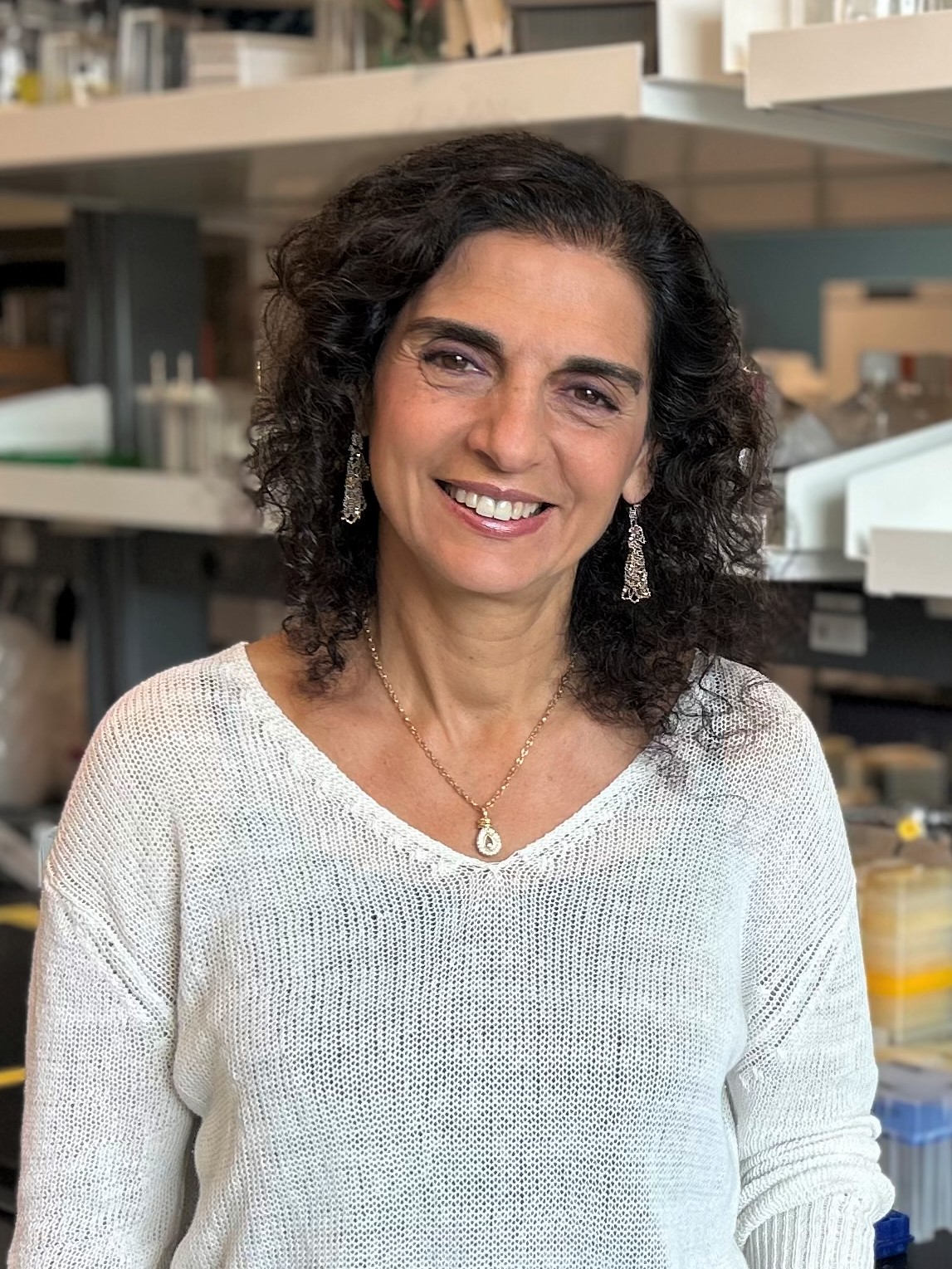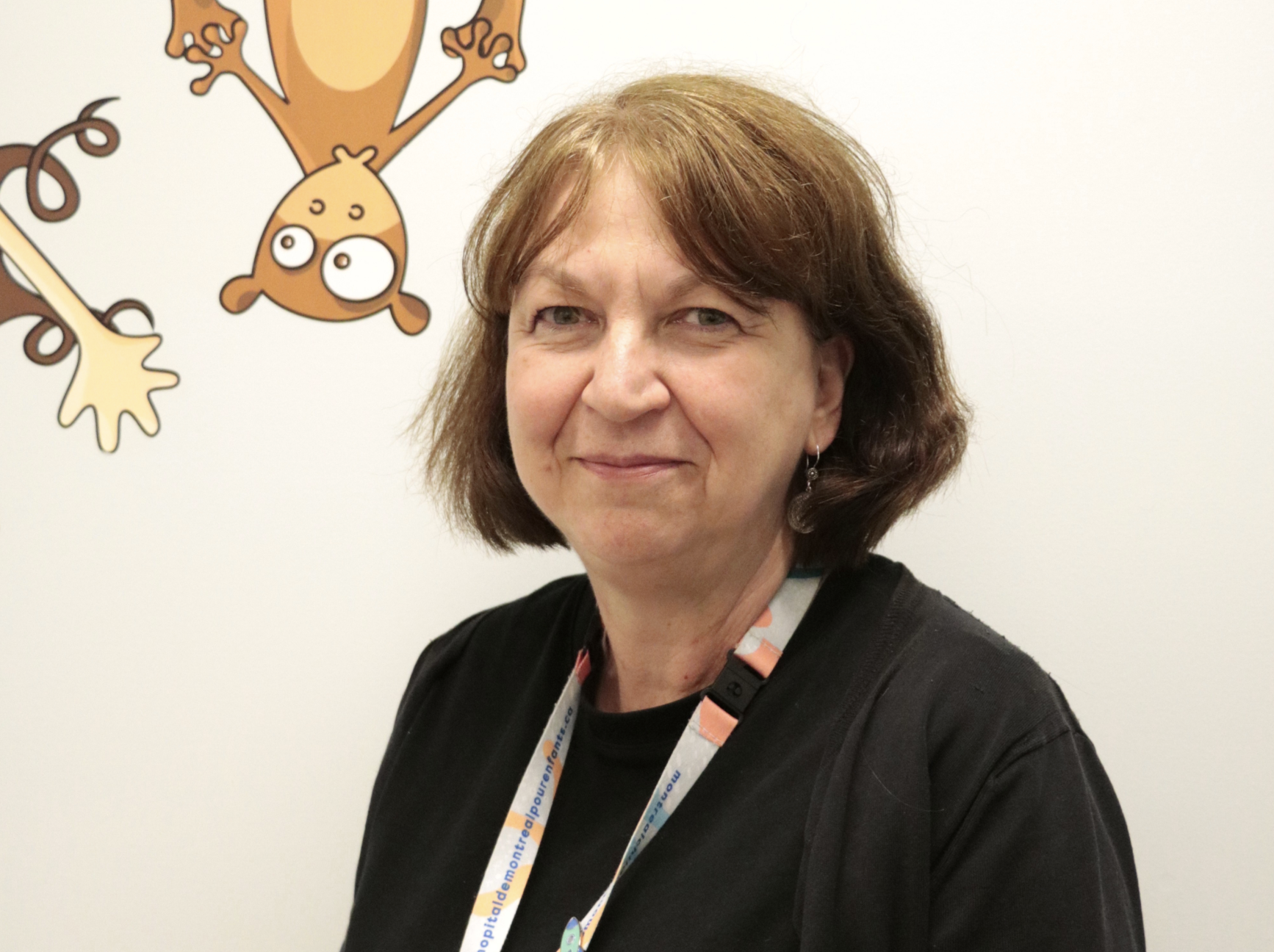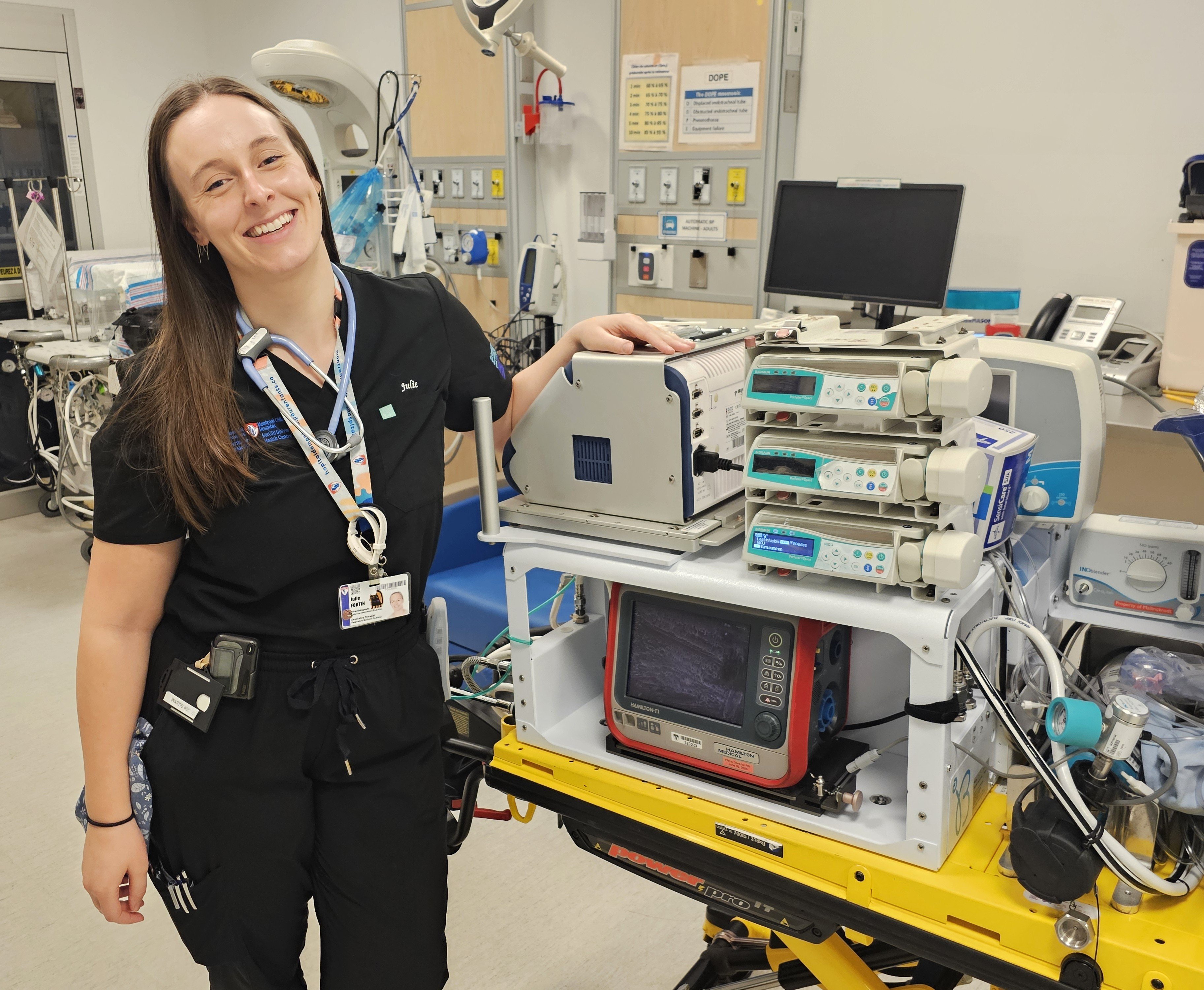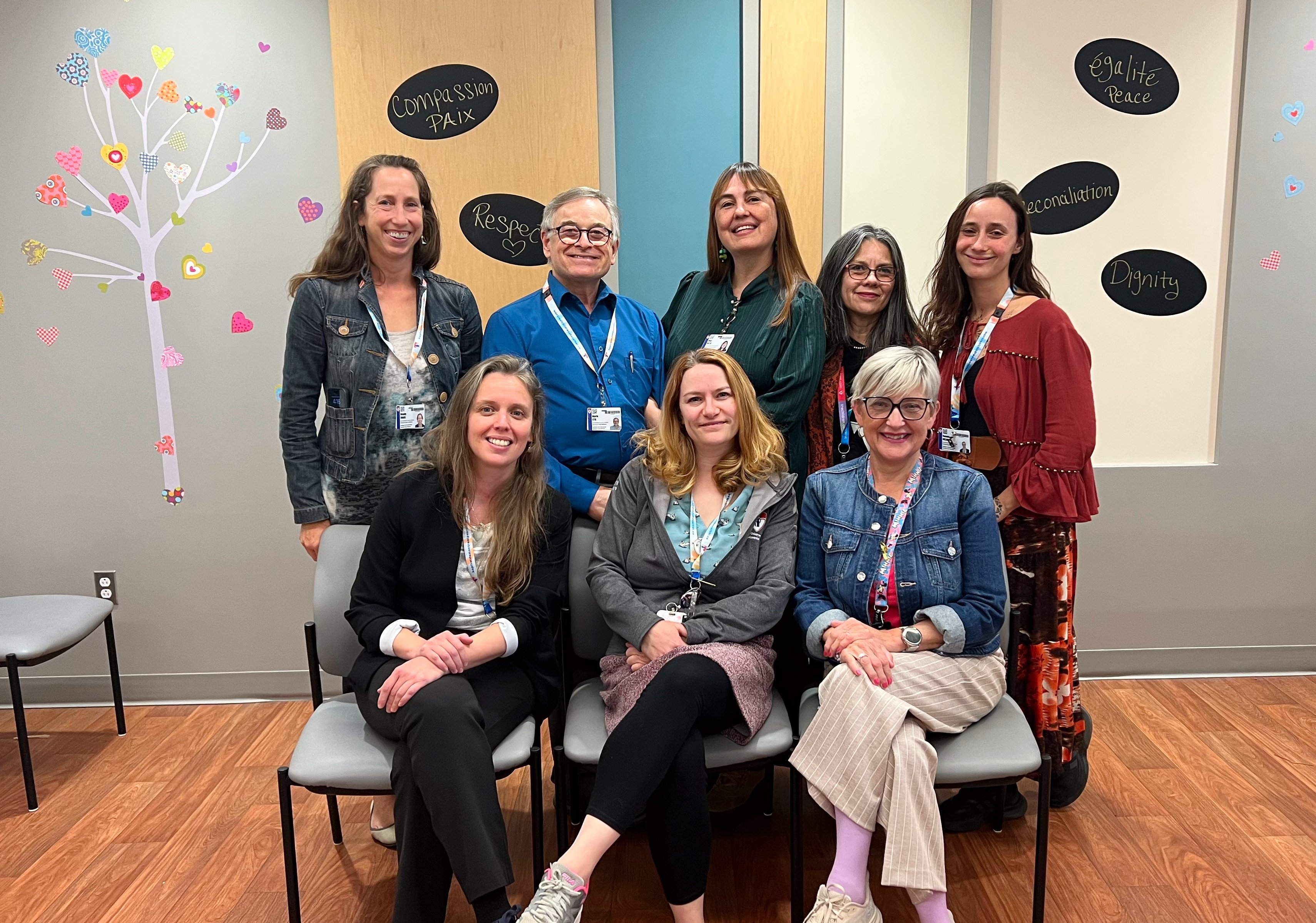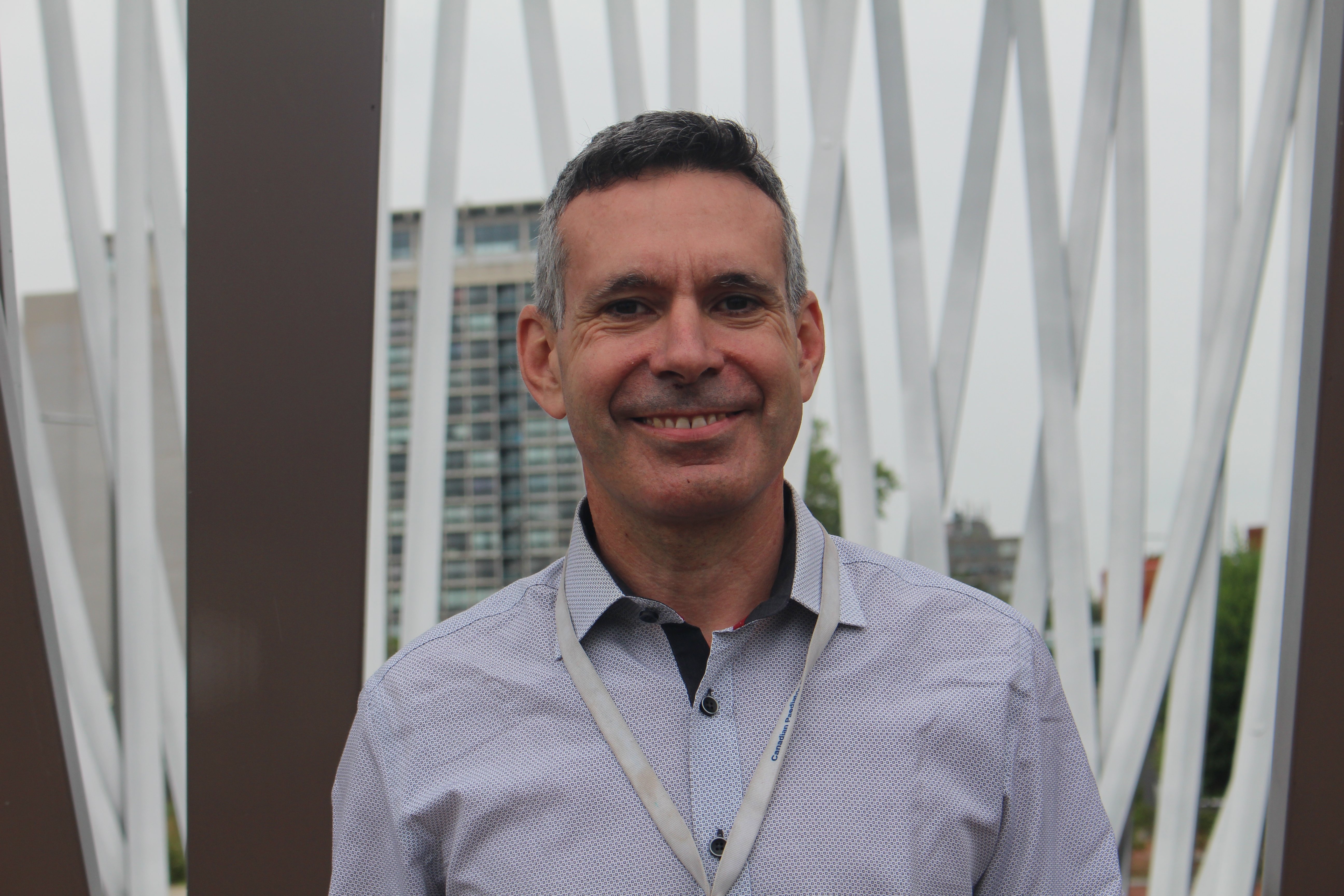
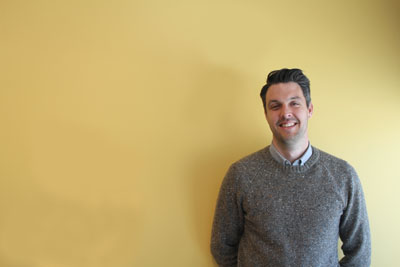
A day in the life of a…social counselor
25 June 2019
Cory Binning’s own upbringing ultimately played an important role in his desire to make a difference in the lives of at-risk kids. Today, he works within a multi-disciplinary team as a social counselor in child psychiatry at the Montreal Children’s Hospital, focused on helping children and teenagers dealing with issues related to mental health.
“Working with kids in crisis is something that spoke to me even though I was never exposed to it growing up. I guess I was sheltered,” says Cory. “I thought I’d end up working with kids with special needs, but I was ultimately drawn to this group.”
Every day is different
No one day is the same for a social counselor, whose job is to provide stability and focus to a group of young people who could pose a risk to themselves or to others. That’s why a daily organized schedule is important – beginning with breakfast. The morning hours provide quiet moments of reflection and give social counselors the opportunity to engage with patients, all while setting the mood for the day whether it be in a conversation over Cheerios or while booting up the department’s Mac to listen to music or watch sports highlights.
After the patients return to their rooms to get cleaned up and have their vital signs checked by nurses, it’s time for the first therapeutic activity of the day, which can include self-awareness activities, relaxation techniques, or creative group sessions. Some days it also means getting outside to shoot some hoops but, on Tuesdays, it means taking part in a collaborative cooking class with the team’s occupational therapist.
“Not only do we give kids the opportunity to work on skills they can use in their lives, such as coping strategies, but we also want to see how well they can accomplish tasks,” says Cory. “So, following a basic eight-to-10 step cookie recipe is a very helpful exercise.”
The patients then pop into school before lunch, offering Cory the opportunity to discuss a patient with colleagues or to begin rounds. This collective time allows the social counselors to come together to share treatment strategies and discuss particularly complicated cases.
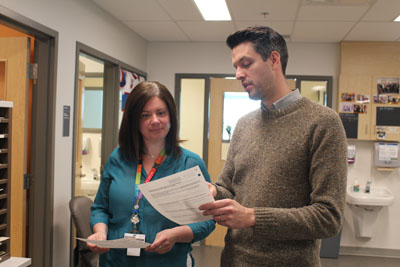
Improving patients’ health
In the afternoon, Cory and the patients spend time reviewing recommendations made by the medical team for improving their overall health and well-being. The first assessment looks at the patient’s history of conflicting behaviour towards themselves or others. Cory will determine if the patient is improving and, if they are, will decide on how to reward them with some time outside the unit.
The second assessment is a substance abuse checklist, known as a Dep-ado, and is used to gauge how serious the problem is. Cory uses this checklist to decide if additional services are necessary and what recommendations can be made.
At the end of his workday, Cory spends time reflecting on his interactions with patients. Being a father of two has changed his outlook, especially when dealing with frustrated parents who – as he would be – are looking for answers.
“I always have the patient’s best interest in mind and I’m very empathetic to their situation,” he says. “Now that I’m a parent, I try to treat these kids the same way I would like others to treat my own.”



